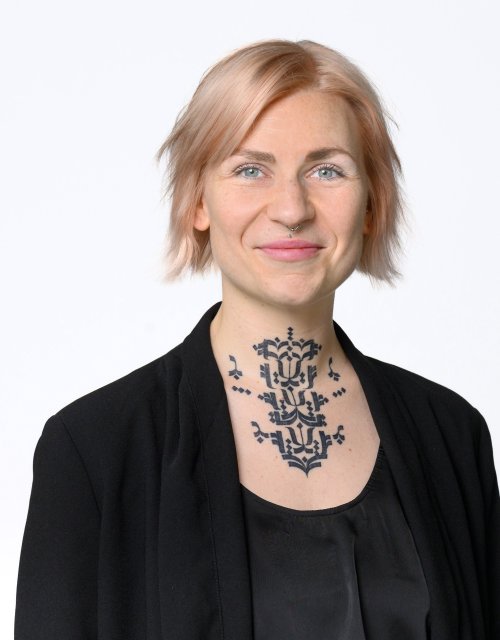Experts call for more courage in dealing with demographic change
Franz Müntefering, former minister of the Federal Ministry of Labour and Social Affairs, and Prof. Bert Rürup, president of the Handelsblatt Research Institute, discussed current challenges in the face of demographic change.
"Europe needs a project that creates identity, a project that people can put their heart into," said Franz Müntefering, who is also chairman of the BDF Advisory Board. "This could be, for example, a common European labor market that takes people beyond the borders of nation-states. I recommend more courage," said Müntefering.
"The experience of the past will not solve the problems of the future," said Prof. Rürup. "Digitization will change the nature of work. Both the localization of work and salaried employment will decline. However, this does not necessarily lead to decreasing employment."
In his welcome speech, Diakonie President Ulrich Lilie said that the growing number of migratory movements had far-reaching consequences worldwide. For example, Germany's population is not aging as quickly as had been previously predicted. "Only through strong, reliable cooperation will we be able to successfully master these challenges and secure demographically relevant aspects of services of general interest and the creation of equally appropriate living conditions," stressed Lilie.
Prof. Jörg Rocholl, president of ESMT Berlin, pointed out that trends such as digitization, nano- and biotechnology, and demographic change require a readjustment of education policy. "Occupational patterns and tasks are changing at an increasing rate, so lifelong learning is not a luxury but a necessity," said Rocholl. "Lifelong education must promote creative and social skills, digital understanding, and abstract thinking."
About ESMT Berlin
ESMT Berlin is a leading global business school with its campus in the heart of Berlin. Founded by 25 global companies, ESMT offers master, MBA, and PhD programs, as well as executive education on its campus in Berlin, in locations around the world, online, and in online blended format. Focusing on leadership, innovation, and analytics, its diverse faculty publishes outstanding research in top academic journals. Additionally, the international business school provides an interdisciplinary platform for discourse between politics, business, and academia. ESMT is a non-profit private institution of higher education with the right to grant PhDs and is accredited by AACSB, AMBA, EQUIS, and ZEvA. It is committed to diversity, equity, and inclusion across all its activities and communities.
